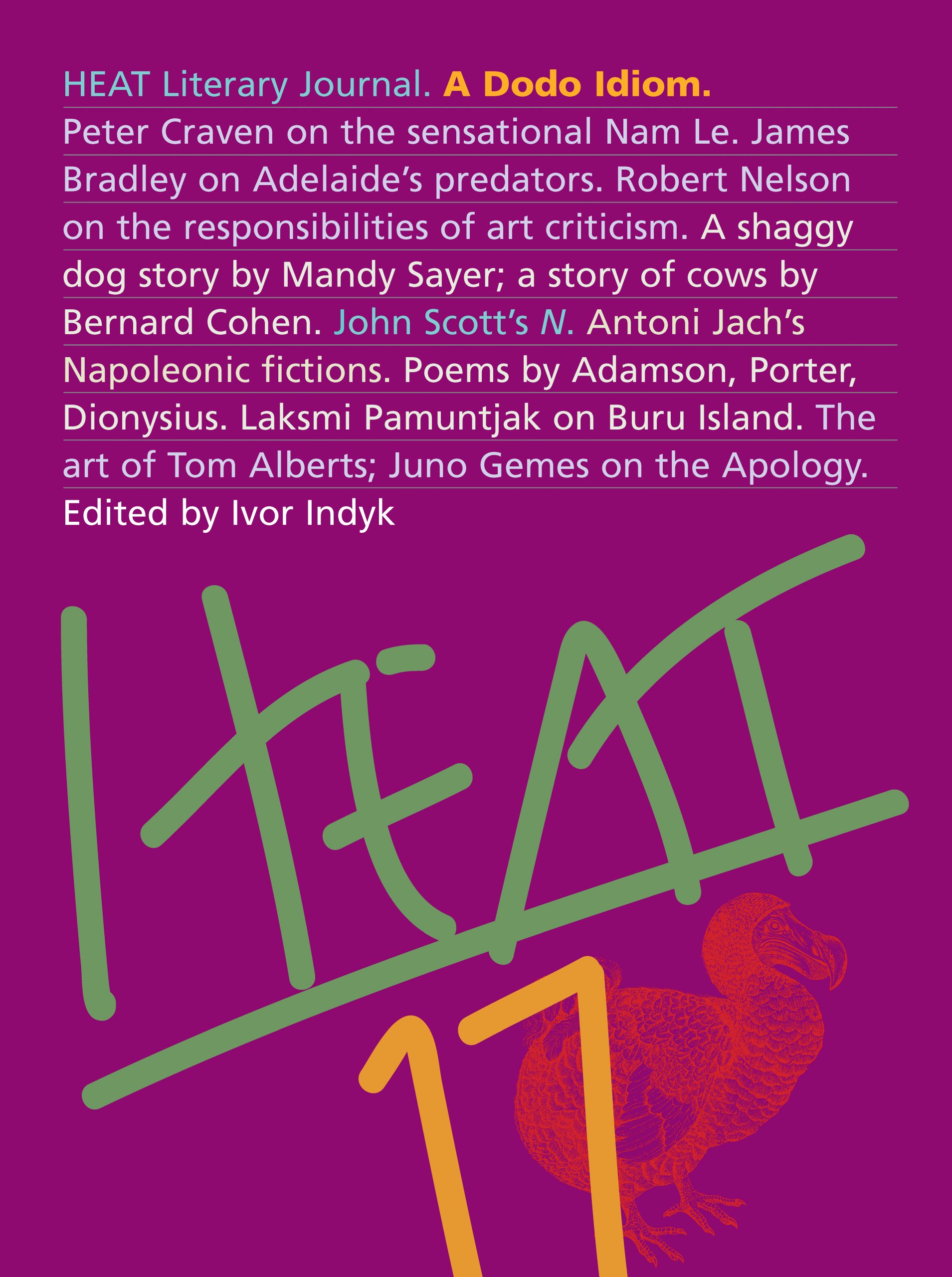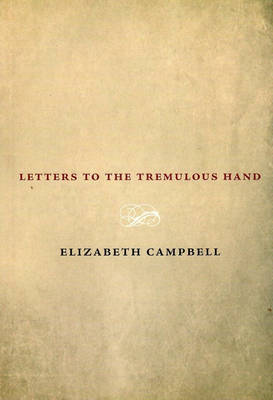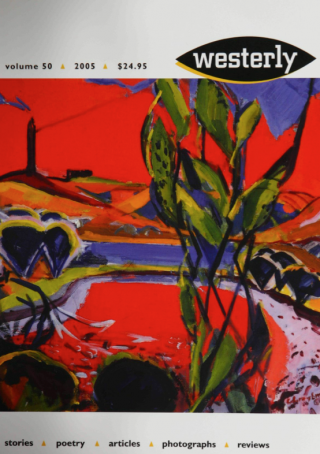Maria Takolander
Film | Theatre | Art | Opera | Music | Television | Festivals
Welcome to ABR Arts, home to some of Australia's best arts journalism. We review film, theatre, opera, music, television, art exhibitions – and more. To read ABR Arts articles in full, subscribe to ABR or take out an ABR Arts subscription. Both packages give full access to our arts reviews the moment they are published online and to our extensive arts archive.
Meanwhile, the ABR Arts e-newsletter, published every second Tuesday, will keep you up-to-date as to our recent arts reviews.
Recent reviews
Letters to the Tremulous Hand by Elizabeth Campbell & Man Wolf Man by L.K. Holt
I was given to this body as haphazardly
As the monster of Frankenstein.
Lightning is a man’s metaphor,
But like fire it provides
A force alien to question.
Perhaps I am only this, this flesh,
Antipodes vol. 20, no. 2 edited by Nicholas Birns & Australian Literary Studies vol. 22, no. 4 edited by Leigh Dale
The Dark Part of Me by Belinda Burns & The Pilo Family Circus by Will Elliott
Dennis Altman
In any given year we will read but a tiny handful of potential ‘best books’, so this is no more than a personal selection. Here are two novels that stand out: Stephen Eldred-Grigg’s Shanghai Boy (Vintage) and Hari Kunzru’s Tranmission (Penguin). Both speak of the confusion of identity and emotions caused by rapid displacement across the world. The first is the account of a middle-aged New Zealand teacher who falls disastrously in love while teaching in Shanghai. Transmission takes a naïve young Indian computer programmer to the United States, with remarkable consequences. From a number of political books, let me select two, both from my own publisher, Scribe, which offers, I regret, no kickbacks. One is George Megalogenis’s The Longest Decade; the other, James Carroll’s House of War. Together they provide a depressing but challenging backdrop to understanding the current impasse of the Bush–Howard administrations in Iraq.
... (read more)Hold the hearts close to your heart:
they’ll feed each other blooms of colour
and the nudity of shapes
until you are bursting








